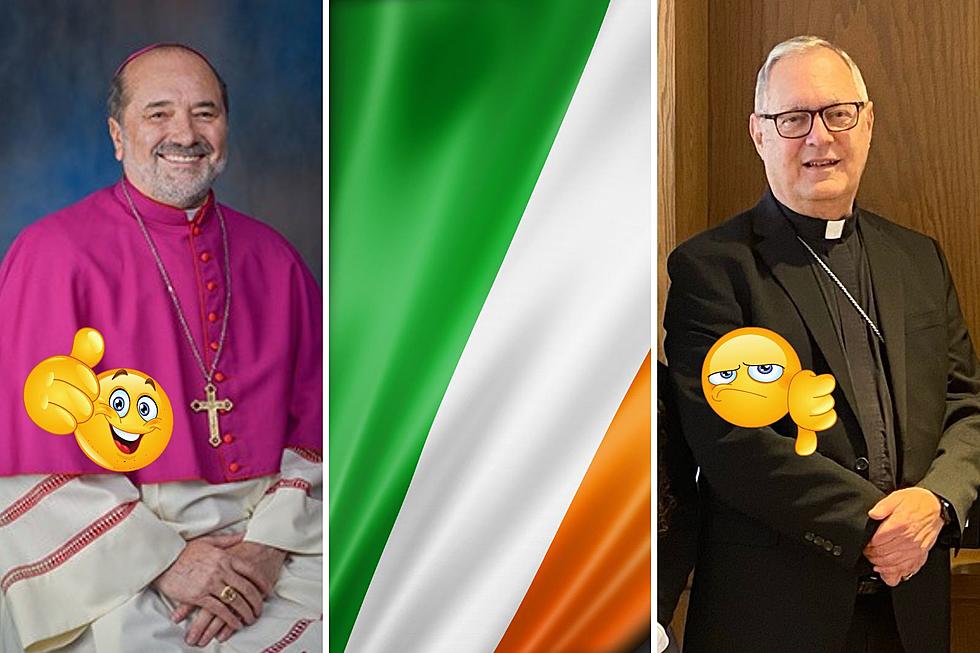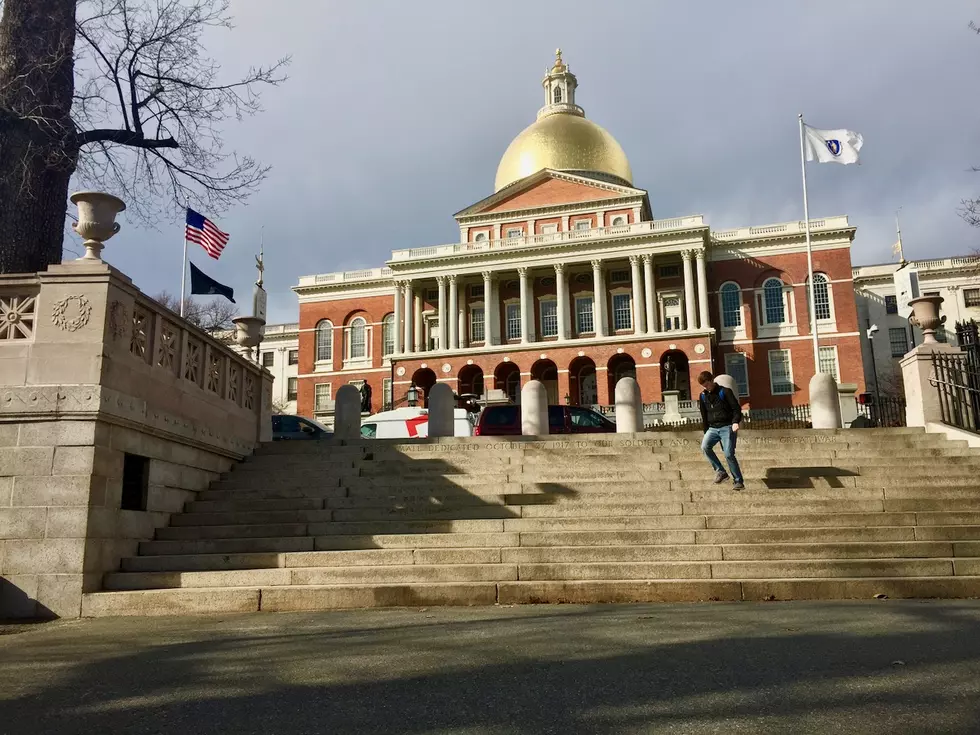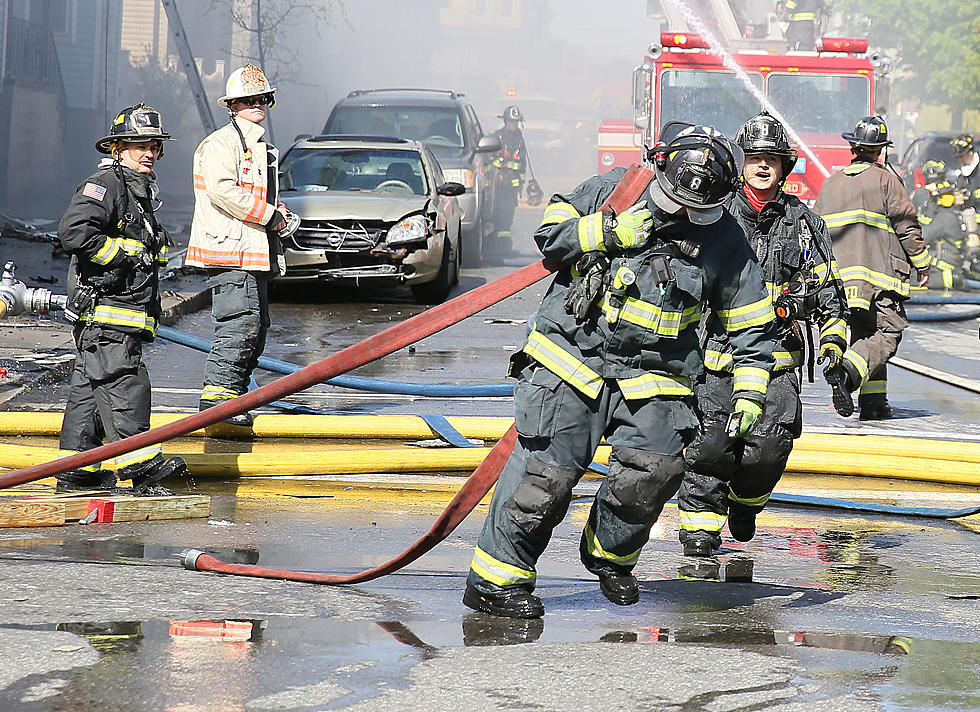
Conversion Therapy Ban Faces More Debate On Beacon Hill
STATE HOUSE, MARCH 12, 2019.....More than just wanting to support young people afraid they won't be accepted for their sexual orientation, proponents of banning conversion therapy in Massachusetts argue that it's also dangerous to teens who can struggle with anxiety, depression, and thoughts of suicide.
"Allowing this to continue is essentially state-sanctioned child abuse," Rep. Marjorie Decker told a legislative committee last week.
But if therapy intended to change someone's sexual orientation is abuse, should it be reported as such?
That's the question that in the past has created a snag for House and Senate lawmakers hoping to make Massachusetts the sixteenth state to ban conversion therapy for minors, and it could bubble up again.
"I'm not sure, but my feeling is wherever we've expanded reporting laws we've been told it has helped expose abuse," said Sen. Mark Montigny, the sponsor of a bill (S70) in the Senate that would both ban conversion therapy and require doctors, teachers and other "mandated reporters" to report cases to the Department of Children and Families.
"My experience with the reporter stuff is, if you don't mandate it, there are too many people who won't report," Montigny said.
The House, however, is poised to pass legislation on Wednesday without mandatory reporting requirements. Rep. Kay Khan's bill (H 140) would only prohibit state-licensed therapists from providing conversion therapy to minors, threatening them with loss of licensure if caught.
"Just keeping it simple. I think the best way to go is to go with the bill that has already been passed by both the House and Senate," Khan told the News Service.
Khan's bill is the same one that the House and Senate agreed to in the early morning hours on the last day of formal sessions last summer. Both branches passed the bill after the Senate agreed to give up on mandated reporting, but the bill still stalled out in the closing moments and failed to reach Gov. Charlie Baker's desk.
"There was a whole perfect storm of different events," said Deborah Shields, executive director of MassEquality. "It got caught up in so many swirling pools of chaos that it's hard to point to any one cause."
Montigny said his strong belief in mandatory reporting comes from his earlier days on Beacon Hill when he watched lobbyists for the Catholic Church repeatedly kill legislation that would have required reporting of clergy sex abuse.
But while the New Bedford Democrat said he hopes to have another debate about the merits of reporting, he doesn't want it to be the hill the legislation dies on.
"I'm not throwing in the towel. I'm still hopeful that we'll have a discussion. But when we agreed [on a bill] last July there is no question it lessened the likelihood of Section 2 remaining in the bill," Montigny said. "And I don't feel we're caving into a weak bill here. I'd just like people to think seriously about what I've been saying about reporting."
Shields said MassEquality opposes the mandatory reporting language in Montigny's bill because the organization feels it could get in the way of the goal of protecting children from having to go through conversion therapy.
"None of the other state laws have it and I don't think it's an effective way to do what needs to be done," she said. "It's too likely to alienate too many people for the wrong reasons and won't help, in fact, keep young people out of conversion therapy."
Shields said parents could feel "alienated," or that the state is "infringing on their territory" with the reporting provisions.
Montigny said he was very excited to see the House make passage of the conversion therapy ban an early priority this year, and thankful that the Joint Committee on Children, Families, and Persons with Disabilities reported out both his bill and Khan's.
"I haven't decided yet on the final strategy that I will recommend to the president this session, but obviously I want it to come very soon," Montigny said. His legislation is currently before the Senate Rules Committee, which Montigny chaired the last session, but is now helmed by Sen. Joan Lovely.
Like Shields, Khan noted that mandated reporting language has not been included in any legislation that has become law in other states.
"I'm involved with working on the whole issue of mandated reporting in general and I'm just feeling that we have this bill. It's a good bill that's supported by a huge coalition in the LGBT community and it has the best opportunity of passing," she said.
Khan declined to discuss in any detail why she opposed mandatory reporting for conversion therapy, or whether she considered conversion therapy to be a form of child abuse, except to say it's "not a scientific practice" and "can be very harmful."
"It's complex," she said. "I'm just really wanting to put my strength behind this bill. I don't want to get into all the other thoughts at this point. I want to make sure we get this bill done and not go into all the language that's put out there."
The Massachusetts Family Institute, which is leading the opposition to the conversion therapy ban, launched radio ads Tuesday that will also air Wednesday morning before the House vote.
In the ads, the group warns that parents who want their child to seek counseling before making a decision to change their gender would be branded as "child abusers," and the Department of Children and Families could take custody of their children.
Andrew Beckwith, the executive director of the Family Institute, said he worried that under Montigny's bill a pastor or priest offering pastoral counseling to parents through their church could be forced to report a family to the Department of Children and Families if they learn through those talks that the parents sought conversion therapy for their child.
Furthermore, Beckwith said many pastors and priests are also licensed counselors.
"For example, pastors/priests who are counseling youth in their congregation who are struggling with these issues and need clinical help (more than what the pastor/priest can offer) would have nowhere to refer the child that offers help from a Christian perspective," Beckwith wrote in an email.
Gov. Charlie Baker last week said he was "inclined to support" a ban on conversion therapy, but also noted that there were two different bills being debated.
Neither Montigny nor Khan have spoken with the Republican governor about their bills, but Montigny called Baker "exceedingly reasonable about this stuff."
"I think we're going to get a bill to his desk very soon that he'll be able to sign," Montigny said
More From WBSM-AM/AM 1420





![New Bedford’s Dwindling Catholic Population [OPINION]](http://townsquare.media/site/518/files/2021/10/attachment-stmarys.jpeg?w=980&q=75)



